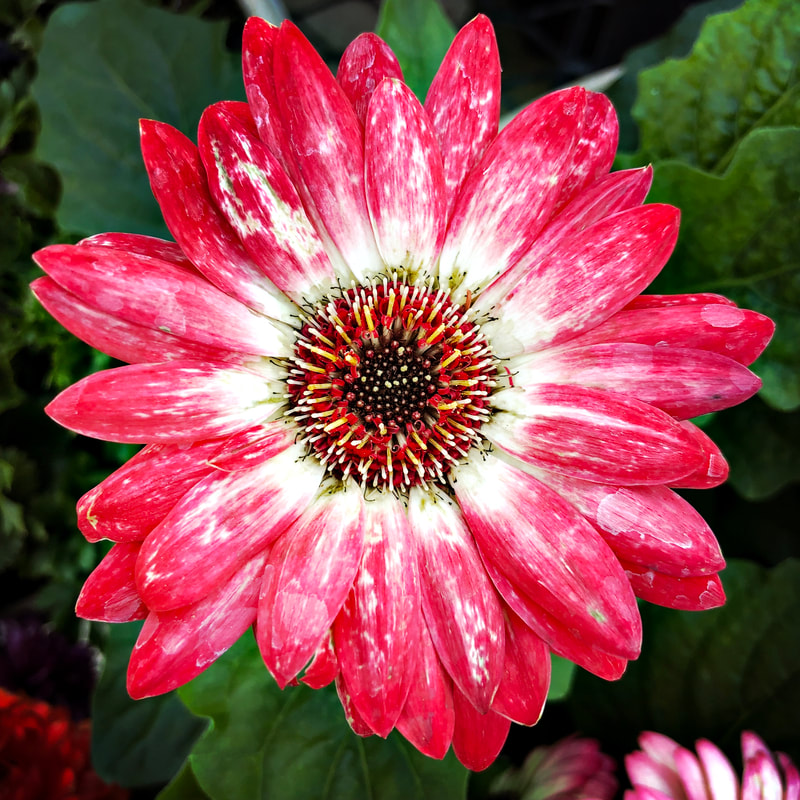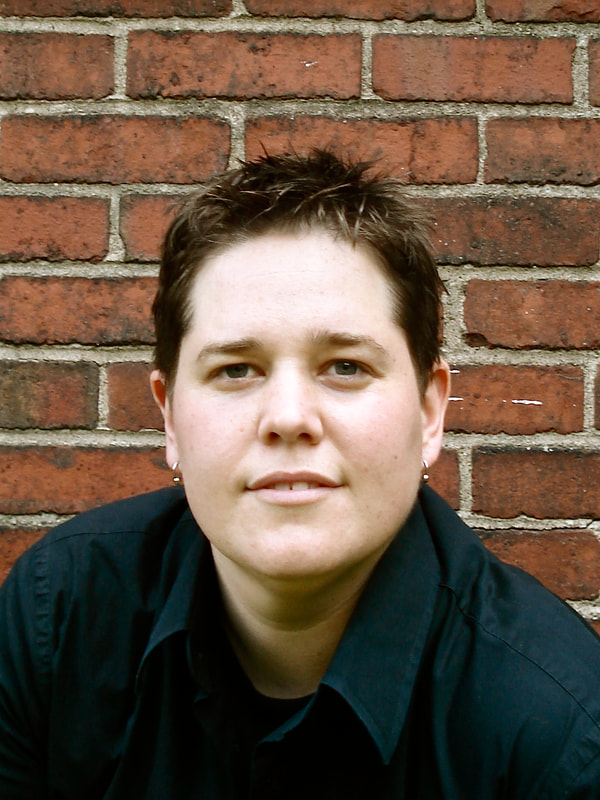ASSAY: A JOURNAL OF NONFICTION STUDIES
6.2
6.2
|
In 2019, troubling the truth is unsettling—especially in the age of alternative facts, in a country where things that are right in front of us are said not to be right in front of us. Yet, as a poet, I have never much concerned myself with facts, never much cared for an affirmed “reality.” And as a queer person, I have spent far too much time debating the “facts” that my people are diseased, that there are two and only two genders, that a person owes it to others to be legible, readable, or loyal to the “facts” of abusive and constructed biologies. Roxane Gay writes, in Bad Feminist, “We should be able to say, 'This is my truth,' and have that truth stand without a hundred clamoring voices shouting, giving the impression that multiple truths cannot coexist.” In this particular passage, Gay refers to the ways we think about difference, privilege and identity, but I don’t think it’s a stretch to say her statement also speaks to writing itself, to the ways truth is, indeed, multiple or exists in more than one register as we try to tell it from our various genders/genres.
For some reason, my particular poems seem to invite people to ask “truth questions.” People ask: are all your poems true? or did that really happen to you? or the even more specific and assumptive type questions is your mother more accepting now? did you really *insert queer act of resistance and/or shame here*? Often writers are taught to fight the public assumption that our poems or stories are “true” or “confessional” in the conventional sense. This is why we all refer to the voice of each other’s writing in a workshop as “the speaker” or “the narrator.” But we are all thinking it, aren’t we? We are all thinking: is this true? was your mother killed by your father? were you hit? did this happen to you in high school? what events lead you to become who we see in front of us? We’re obsessed, at times, with the events of a life. In this sense, every reader, every encounter about our writing is a possible coming out—the person doing the wondering and asking being the very “interlocutor” about whom Sedgwick writes in the first epigraph to this essay. And of course there are problems, risks with this coming out. There is the risk of giving in to the notion that you could tell the truth about yourself to begin with. For example, I sometimes say I am a lesbian, though I am not exactly a “woman” who loves/has sex with “women.” The truth is closer to: I am maybe some percentage of woman, some percentage of man, some percentage of refusal, and I often find myself attracted to persons who are some percentage of woman with a slight (or more than slight) percentage of boy-edge, and some percentage of refusal—this, a closer “truth” about the things we call gender or sexuality. But what kind of truth is this? Accuracy, facts, names, categories? We know truth is more complicated than that, something harder to grasp, something always just out of reach, just out of the grip of our understanding as we write. But perhaps it’s too risky to do what I am about to do. Perhaps I shouldn’t mess with the truth at this fragile moment. Perhaps I’ll regret this all-too-honest essay about the truth and poetry. Take, for instance, this poem that follows. I wrote this poem; it’s from a book I published in 2013. It is called “Coming Out in Porch Light.”
That’s the poem in full. But now, I will return to the poem with “truth annotations.” I will come out with the truth about the coming out poem. Just as an experiment, I want to do the thing I never do when I am asked if a particular poem is “true.” Most poets I’ve seen answer such questions do so with the same evasions I do. We say “well, not everything in the poems happened exactly as described, but the poem is true.” Affectively true. Spiritually true. Politically true. Aeesthetiucally true. Factually true. But no poet really wants to talk about it; we don’t want to talk about the truth experienced by the imagination, the insides turned outward without regard for the details of the details.
So here it is. A poem unraveled, a truth dilated. What does it change? Is the poem a series of lies? Interpretations? Stretched facts? Is it true? Perhaps as true as what it was possible for me to say about my gender or sexuality, about my mother, about myself?
The French Novelist, Émile Zola writes, “If you shut up truth and bury it under the ground, it will but grow, and gather to itself such explosive power that the day it bursts through it will blow up everything in its way.” I don’t think Zola is talking about whether or not I saw a neighbor when I came out to my mother or whether or not she read the newspaper or if the newspaper documented a suicide. There’s something bigger than that.
I think a lot of writers (even fiction writers) have a sense of guilt about the imagination, and it is partly this sense of guilt that I want to, even if temporarily, let go of. In a culture where creative imagination is undercut at every turn (in our education standards in schools, in our uninventive romantic comedies), it is sometimes difficult to argue for or make others understand the imagination’s truth—the kind of truth that is just beyond articulation. This truth is not only intuitive and queer in nature; it’s also not something writers know beforehand. We often just begin with a sound, a phrase, an idea, a story—and some kind of truth emerges out of it. Anyone who has ever sat down to write a poem or story ABOUT something will know, the factual truth of that something—what happened, when, how, who was there—actually gets in the way of truth itself, an obstacle to the kind of questioning, doubt, and inquiry that leads to truth in the first place. Unfortunately, so much around us tries to convince is that the truth is only some kind of accuracy about events, details, or information. But as Oscar Wilde put it: The pure and simple truth is rarely pure and never simple. Think about how many movies you’ve seen that seem to suggest that telling the truth, telling the actual facts, is morally good. Honesty is the best policy. But what if it isn’t? Or what if honesty isn’t what we think it is? What if to be honest is nearly impossible because it would require knowing what the truth is before I speak, or before I write. And it would require truth to be sayable, to be simple enough to be boiled down into the language that, in the end, we know fails us. In the end, of course, James Baldwin is right: The world is before you and you need not take it or leave it as it was when you came in. And after all, isn’t the truth really about transformation—about what we can make of what’s in front of us, about re-making a world in order to see it clearly, about changing the world from the seeming stability of one truth to something more uncertain, something more true. |
|
Stacey Waite is Associate Professor and Graduate Chair of English at the University of Nebraska—Lincoln and has published four collections of poems: Choke, Love Poem to Androgyny, the lake has no saint, and Butch Geography. Waite’s poems have appeared most recently in Pittsburgh Poetry Review, Cherry Tree and Court Green. Waite’s newest book is a mixed genre text entitled, Teaching Queer: Radical Possibilities for Writing and Knowing, published by University of Pittsburgh Press.
|

